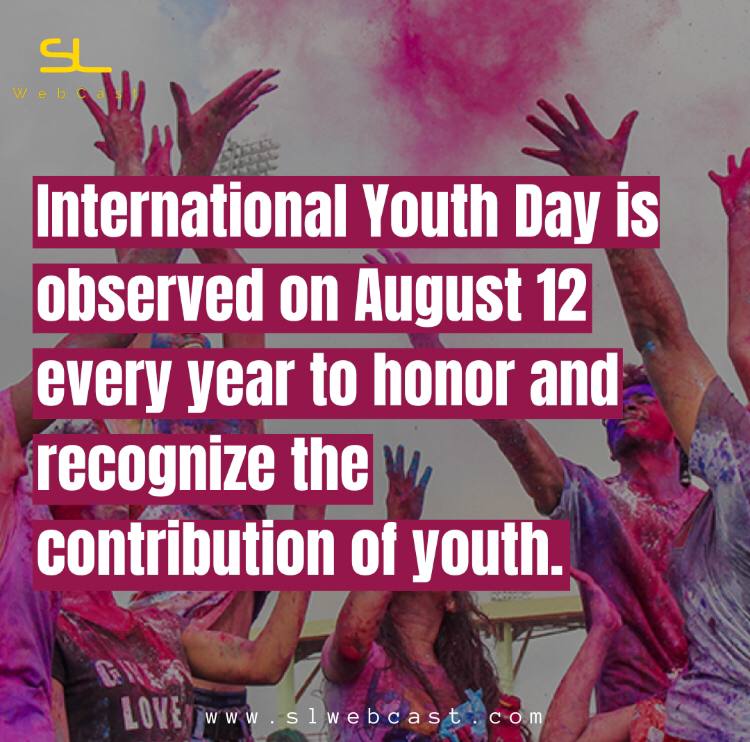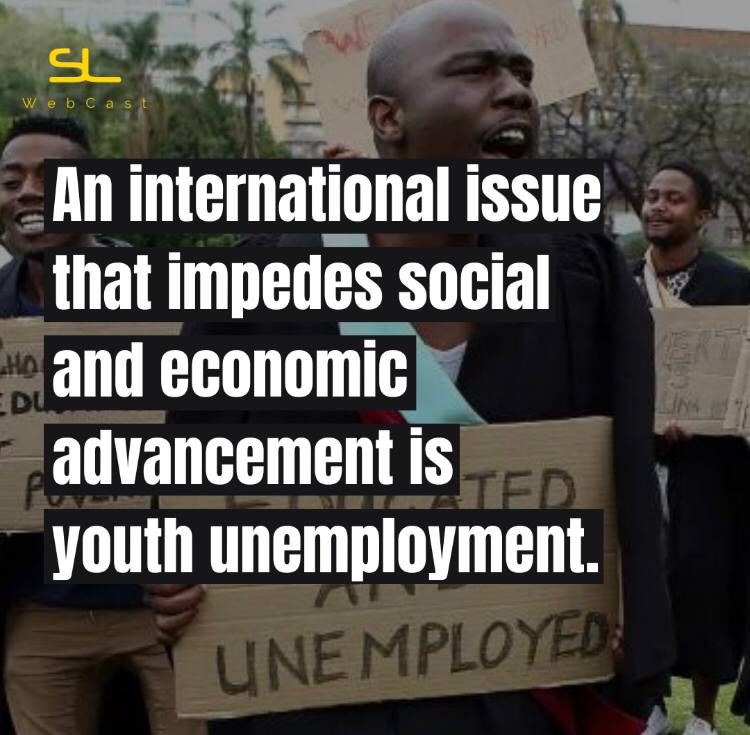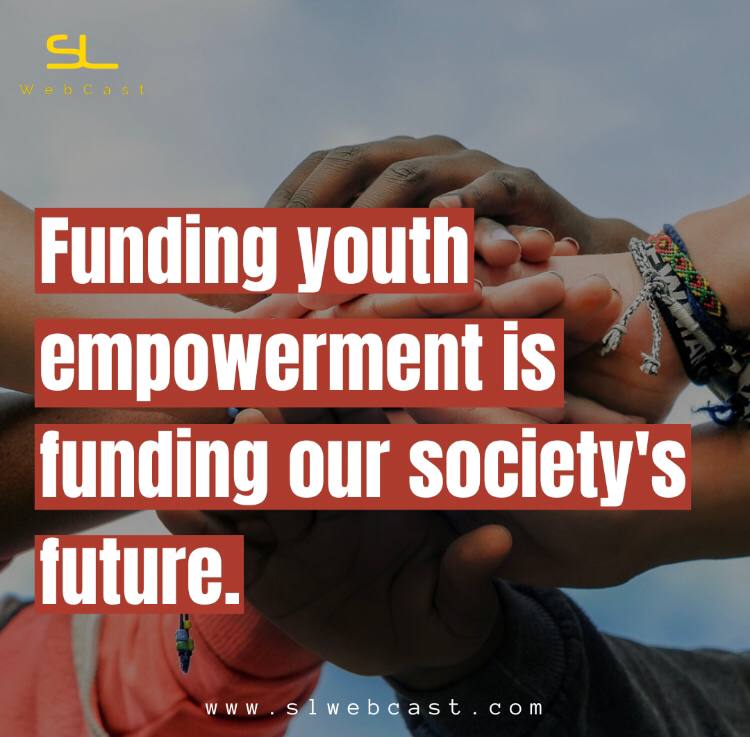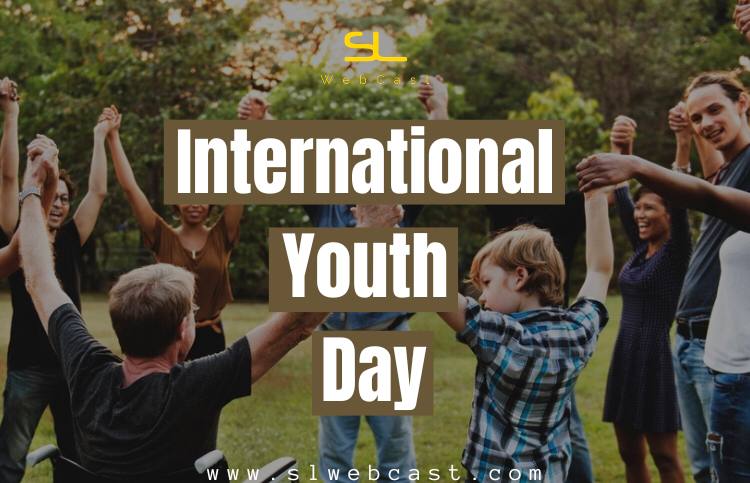International Youth Day is observed on August 12 every year to honor and recognize the contributions of young people to society and to highlight their ability to effect positive change. The United Nations (UN) established this special day in 1999 with the goal of increasing public awareness of the distinctive challenges that young people face on a global scale and to encourage their active participation in finding solutions to these challenges. The UN recognizes the value of empowering youth to play a significant role in determining the future of our world by designating a day to honor them.
The celebration of International Youth Day serves as a reminder that youth are both an integral part of the present and the future. They have a tremendous amount of potential, creativity, and energy that, when positively channeled, can result in ground-breaking discoveries, social advancement, and sustainable development. However, it is also acknowledged that a large number of young people face a variety of challenges, including a lack of access to high-quality education, a lack of employment opportunities, discrimination, poverty, and inadequate healthcare.
For a number of reasons, it is essential to empower the younger generation. First and foremost, funding youth empowerment is funding our societies’ future. We enable young people to develop their talents, gain skills, and meaningfully contribute to their communities by giving them the resources, opportunities, and support they need.
The World Conference of Ministers Responsible for Youth in Lisbon, Portugal, in 1998 is where the idea for celebrating International Youth Day first emerged. The importance of understanding and catering to the unique needs and aspirations of young people was emphasized during this conference, as well as their critical role in determining the future of societies all over the world. The delegates sought to establish a platform to encourage youth participation in addressing global challenges because they recognized the potential of young people to be agents of positive change.
The United Nations General Assembly adopted Resolution 54/120 on December 17, 1999, as a result of the conference’s discussions, designating August 12 as International Youth Day. People all over the world have the chance to celebrate and honor this day.
International Youth Day has been observed every year since it began, with a different theme being selected each time. These carefully chosen themes help to focus conversations, events, and day-related activities, enabling communities around the world to address a variety of problems that affect young people. Education, employment, mental health, social inclusion, civic engagement, climate change, and many other urgent issues that directly affect young people are frequently covered in these themes.
International Youth Day will be observed on august 12th, 2023, with the theme “Green Skills for Youth: Towards a Sustainable World.” This relevant and important theme highlights the urgent need to give young people the knowledge, skills, and experience required to pave the way for a sustainable future.

A multifaceted strategy that includes instruction, training, and opportunities for practical experience is used to equip youth with green skills. It entails giving young people the technical know-how in fields like renewable energy, sustainable agriculture, waste management, conservation, and other fields related to environmental awareness. We enable them to become leaders in the fight against climate change and the pursuit of a more sustainable world by giving them access to these green skills.
“Green Skills for Youth” also stresses how crucial it is to help young people develop an environmentally conscious mindset. This includes teaching children the importance of conserving the environment, practicing responsible consumption, and respecting nature. Young people who have a solid foundation in environmental ethics can make wise decisions and persuade others to adopt sustainable practices, starting a chain reaction of environmental protection.
Additionally, “Green Skills for Youth” imagines a world in which youth actively contribute to the development of environmental policies and sustainable development plans. To ensure that their voices are heard, their ideas are valued, and their concerns are addressed, youth participation in decision-making processes is crucial.
More than just a catchphrase, youth empowerment is a cornerstone of progress and sustainable development. Young people make up a sizeable portion of the global population, and their vigour, imagination, and novel viewpoints are priceless assets in the fight against global challenges. Giving young people the chance to access education, healthcare, decent employment, and decision-making opportunities can result in transformative changes that are advantageous to both the present and future generations.
The potential of young people is unquestionably correlated with the caliber of education they receive. Not only is education a fundamental human right, but it also serves as a cornerstone for both individual growth and societal advancement. In addition to providing young minds with knowledge and skills and empowering them to make decisions that will shape their futures, access to high-quality education opens doors to opportunities.
Furthermore, girls and young women are not afforded the same educational opportunities due to gender discrimination, which is still a widespread problem. By advocating for gender equality in education, we uphold girls’ rights and acknowledge their potential to have a positive influence on their families, communities, and society as a whole.

Addressing these issues and promoting equitable access to education are crucial if we want to empower youth and help them thrive. To eliminate financial obstacles and put policies in place that prioritize education as a fundamental right for every child, governments, organizations, and communities must work together. Even the most isolated communities can access education with investments in digital technologies, teacher training, and educational infrastructure.
Additionally, merely having access to education is insufficient; education quality is also very important. To develop well-rounded individuals capable of navigating the complexities of the modern world, a holistic and pertinent curriculum that encourages critical thinking, problem-solving, and creativity is essential. Not only should education emphasize academic knowledge, but it should also promote values.
An international issue that impedes social and economic advancement is youth unemployment. Many young people encounter barriers to entering the job market and struggle to find decent work. In areas where there are structural problems and economic inequalities, this problem is made worse. To give young people the abilities and self-assurance necessary to enter the workforce successfully, governments and organizations must concentrate on creating job opportunities, encouraging entrepreneurship, and promoting vocational training.
Unquestionably, one of the most pressing and important issues facing our world today is climate change. The planet is experiencing unprecedented temperature increases, extreme weather events, melting ice caps, rising sea levels, and a wide range of other environmental effects as greenhouse gas emissions keep rising. Youth have emerged as strong climate action advocates in the face of this global crisis, leading the charge to demand change from both governments and corporations.
With the help of young activists who are determined to change the world, the global youth climate movement has experienced an incredible upsurge in momentum in recent years. These young people have taken to the streets, organized strikes and rallies, and have been motivated by the stark reality of a planet in danger. Unquestionably, one of the most pressing and important issues facing our world today is climate change. The planet is experiencing unprecedented temperature increases, extreme weather events, melting ice caps, rising sea levels, and a wide range of other environmental effects as greenhouse gas emissions keep rising. Youth have emerged as strong climate action advocates in the face of this global crisis, leading the charge to demand change from both governments and corporations.

With the help of young activists who are determined to change the world, the global youth climate movement has experienced an incredible upsurge in momentum in recent years. These young people have taken to the streets, organized strikes and rallies, and have been motivated by the stark reality of a planet in danger.
It is obvious that the younger generation will play a critical role in developing novel solutions and putting sustainable practices into practice as our planet faces unprecedented environmental challenges. The focus on “Green Skills for Youth” acknowledges that young people can influence change in their communities and beyond as active agents of change rather than just being passive bystanders.


